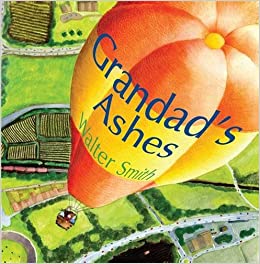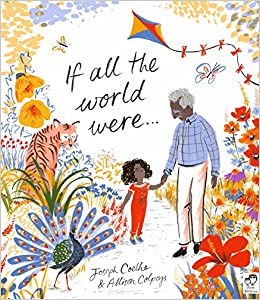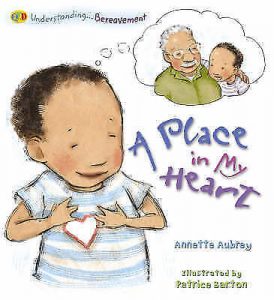Supporting Children and Young People when a Grandparent dies.
Not all of us grow up knowing or feeling close to our grandparents, but for those who do, the relationship is often one of profound and nurturing importance, where rules can be ‘bent slightly’ and the ‘spoiling’ happens. For some families, grandparents take on childcare responsibilities whilst parents work. Or they may take their grandchildren on holidays or day trips that build important memories. For many children and young people, their relationship with their grandparent is a special one that makes their lives richer.
When a grandparent dies it is often the first time a child has experience of death and they will need help to navigate their way through the coming days and weeks. Parents and carers may feel they are unprepared to help their children through their loss whilst simultaneously managing their own grief, so we have produced a booklet with useful advice that can be downloaded from our website. Depending upon their age, stage of development and prior experiences, children will have varying degrees of understanding and they may need support to process what happens when a person dies, what happens at a funeral, or how to express and manage their feelings. At these times, children need honest, open, age-appropriate explanations, acknowledging and normalising their grief reactions, and providing time and space for their questions. It is helpful to offer reassurance and support whilst maintaining as many normal routines and boundaries as are possible in the existing circumstances.
Mostly, children and adults alike manage the death of a grandparent without the need for professional help. We grow around our grief and move between grieving the loss of the person who has died and carrying on with our lives whilst learning to live without them. We encourage parents to ‘model’ grieving processes by allowing children to see when they are upset and hear them name and explain what they are feeling, for example, “I’m crying because I feel sad that grandpa died and I miss him very much”. Children then also get to see their parent or carer performing everyday tasks, talking about other matters, laughing and enjoying normal activities, which helps them to realise that life continues for them and they too are still allowed to have guilt-free fun. If emotions become too challenging for the child or young person to manage, parents can help them to develop coping strategies that suit their own individual needs. However, parents should seek advice if they feel that their child’s grief reactions are becoming overwhelming, for example if they develop heightened anxiety, sleep difficulties or school refusal.
Children sometimes worry about forgetting their grandparent so there are practical activities that can be used to help them to remember. Creating a memory box in which to keep objects that remind the child of the important person who has died can include photos of a special time together, cards their grandparent sent to them, a scarf or tie they used to wear, perfume, aftershave or soap that they used, or the funeral order of service. Alternatively, the child may want to have their own collection of photos or make a memory jar that they fill with notes or drawings of significant memories. At times when they wish to remember or talk about their grandparent, they can take out the drawings or notes and share them.
As well as our downloadable booklet, we currently share advice on our social media pages which you may find helpful. There are also several story books that can be used as tools to help children to understand and process their grief, a few of which are shown below:








